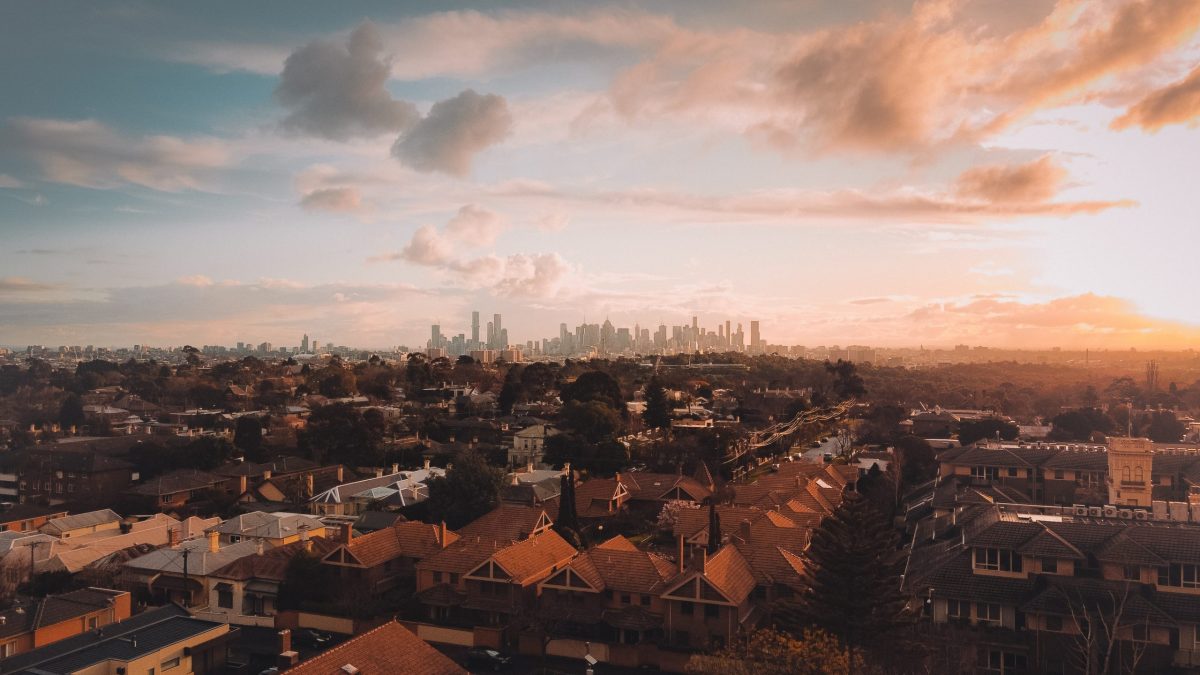Tips to get into your first home – even if you’re not a media megastar

People love reading about media stars’ property purchases. What extravagant home have they managed to wrangle this time? How much did they pay?
What does this mean they must earn? Could I ever leverage my way into a house that big?
Indeed last June, Radio Today reported on how Jackie O swooped on her 400 square metre Woollahra, Sydney, home just three days after it came on the market – and paid around $11 million.
So what if you’re a radio worker who’s not on a reported salary of $8 million a year like her?
Savvy, a national loan brokerage, is FBAA accredited and has a team who will help you find the best loan deals when you’re entering the housing market for the first time.
They’re sharp and up-to-date in the loan space and can shop your application to the top 25 lenders and turn it around fast.
SOME TIPS
1. Start Singing ‘Money, Money, Money’
You need to assess your financial situation and realistically work out how much you can afford in mortgage repayments each month.
“The mistake first time buyers can make is they don’t take their time to research and eventually buy the wrong property,” warns Bill Tsouvalas, founder & CEO of Savvy.
“They get excited by the overall process and spend more than they should. You have to be able to keep up with your repayments.”
Give yourself some breathing room. If interest rates rise, so will your loan repayments.
Once you’ve worked out the price range, the crucial step is the deposit.
“If you’re not a media megastar yet, make sure you save as you go along,” Bill suggests.
Or you have generous parents who will stand guarantor for the loan.
This would be about 20% of the purchase price, plus enough to cover accompanying costs such as stamp duty, which has to be paid within a month of settlement.
However as a first home buyer, you may be exempt or entitled to a rebate or concession), conveyancing fees, inspection fees and rates.
Home and contents insurance may be a condition of your home loan.
Whatever happens, stick to your price range.
2. Close To You
If you can’t afford the big-ticket suburbs, you can buy next to them.
Get online, talk to estate agents or go to property inspections.
This will give you essential background on their demographics, number of new developments, and retail and hospitality.
Draw up a list of what you absolutely need – proximity to childcare centres and schools and public transport, or if you can do without a swimming pool or garage.
Will your changing lifestyle see you outgrow the house/ apartment?
If that happens, will you prefer to renovate or move on?
3. Money’s Too Right To Mention
As a first home buyer, you may be eligible for first homeowner grants, the First Home Loan Deposit Scheme, a New Home Guarantee, or the Family Home Guarantee if you’re a single parent.
4. At Your Side
You should consult professionals such as a broker, as they’ll get loan options personalised for your situation.
They’ll be important in securing the best interest rate. Even one which is 0.5% lower can save you thousands of dollars over the years.
Brokers can help you with home loan pre-approval, which means you offer evidence of your financial situation if you’re eligible for a home loan and how much you can borrow.
Home loan pre-approvals last for between three to six months, and there is no commitment for you to go ahead with the loan.
But the advantage of the approval is you can move quickly when you find a house in your price range.
5. A Loan With You
The professional will also advise you on the different loans out there – fixed rate, variable rate and split – and how they can work best for you as the economic climate changes.
6. Right Here Right Now
In summing up, Bill says: “If you’re currently paying rent, then that means you can afford a home loan and be paying a mortgage.
“The perfect time to buying a house is now. The sooner you get in the better. It’ll benefit you in five years, ten years….
“Because you might become a media megastar and you’ll need a backup plan, and there’s no better backup plan than being a property owner.”



